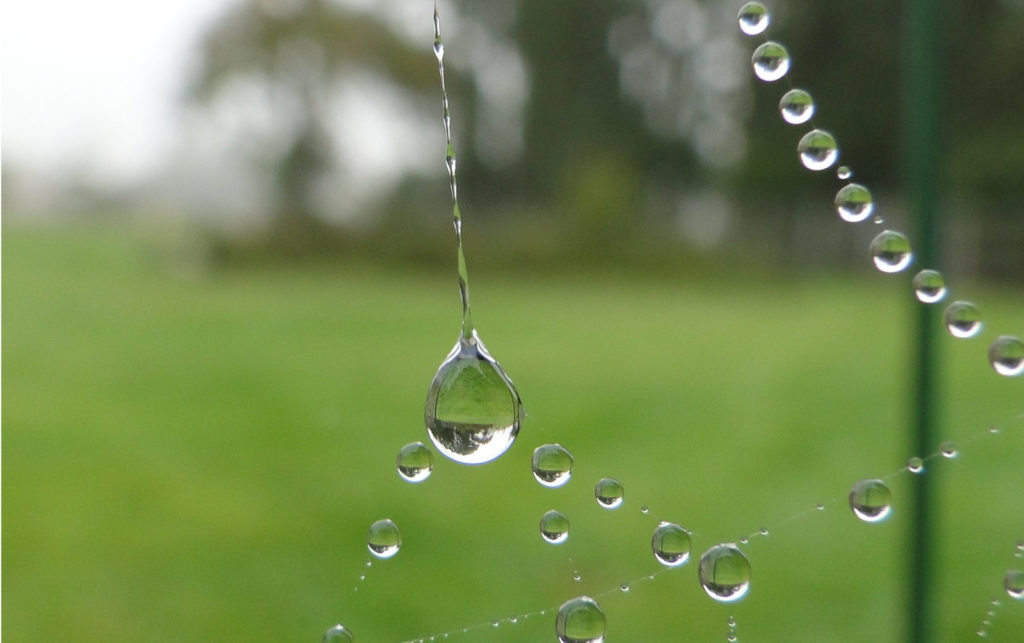World Water Day
“Leave No One Behind” Water is a true gift of nature. Seventy percent of the Earth is covered by water, from where it receives its name, “The Blue Planet”. It would be impossible to imagine life on earth without water. Some countries are rich in water; others, on the contrary, have almost none. Water is a fundamental good of God's creation and access to water is a fundamental right.
 The right to water means that everyone, without discrimination, has the right to sufficient, safe, acceptable, physically accessible and affordable water for personal and domestic use which includes water for drinking, for personal sanitation, for washing clothes, for food preparation, and for personal and household hygiene.
The right to water means that everyone, without discrimination, has the right to sufficient, safe, acceptable, physically accessible and affordable water for personal and domestic use which includes water for drinking, for personal sanitation, for washing clothes, for food preparation, and for personal and household hygiene.
This year the theme for World Water Day 2019 is “Leave no one behind” and the World Program of UNESCO for the evaluation of water is sharing with us some statistics from its Water Assessment Program and the evaluation of water resources:
- 2.1 billion people live without safe water in their homes.
- One in four primary schools has no drinking water service, with pupils using unprotected sources or going thirsty.
- More than 700 children under five years of age die every day from diarrhea linked to unsafe water and poor sanitation.
- For the 68.5 million people who have been forced to flee their homes, accessing safe water services is very problematic.
- Around 159 million people collect their drinking water from surface water, such as ponds and streams.
- Around 4 billion people – nearly two-thirds of the world’s population – experience severe water scarcity during at least one month of the year.
- 700 million people worldwide could be displaced because of intense water scarcity by 2030.
Water is a scarce and precious commodity. Many people have the feeling that our earth has an abundance of water and, therefore, they do not see the need to protect it. The water issue truly is a matter of right to life.
What should we do to participate in the effort to safeguard drinking water?
- Use water Careful use is concerned with the domestic consumption of water.
- Reduce losses and leaks. Much of the water that is consumed in our homes is wasted due to leakage in different places in the house.
- Recycle water. Recycling domestic water is also possible. Domestic wastewater can be reused for other purposes (watering plants, washing exterior floors, etc.)
- Educate people on the reasonable use of water. Everyone must now pay attention to the way he or she uses water in order to avoid excessive consumption.
We pray that no one will be left behind in our immediate milieu or in the world at large due to a scarcity of water. May everyone- women, children, families, communities – who live in the poorest regions of the world and who are the first to suffer from the shortage of water and from poor water management, have their need for water satisfied.
Sources:
3 HCDH, ONU-Habitat, OMS: https://www.ohchr.org/Documents/Publications/FactSheet35en.pdf
WWAP (UNESCO World Water Assessment Program)/ONU-Water (2019) The United Nations World Water Development Report 2019: Leaving No One Behind
https://www.worldwaterday.org/wp-content/uploads/2019/02/WWD2019_factsheet_EN_vs4_29Jan2019.pdf



